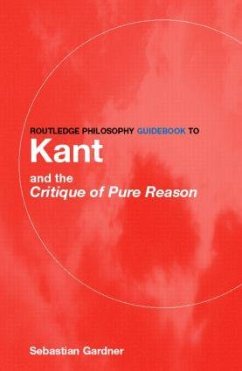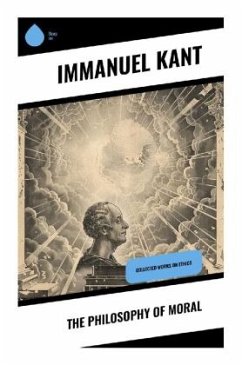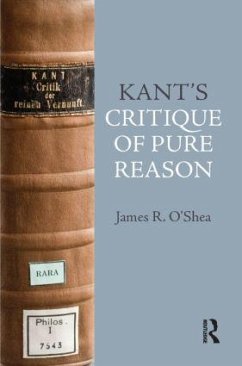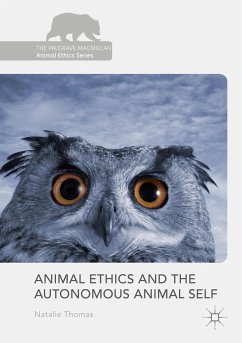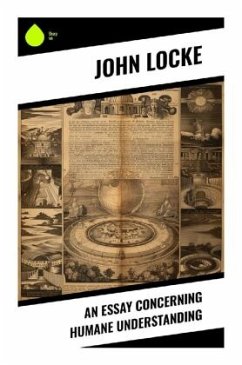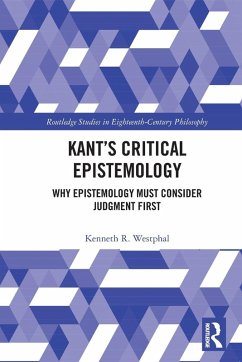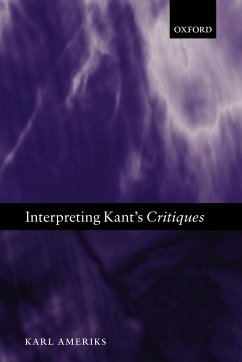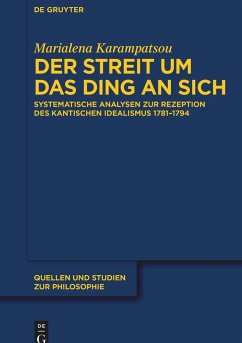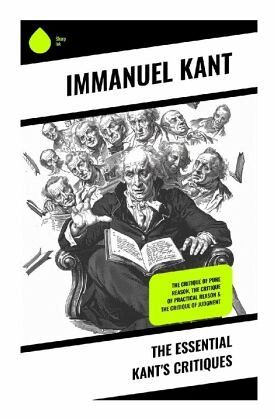
The Essential Kant's Critiques
The Critique of Pure Reason, The Critique of Practical Reason & The Critique of Judgment
Übersetzung: Meiklejohn, J. M. D.; Bernard, J. H.; Abbot, T. K.

PAYBACK Punkte
0 °P sammeln!
In "The Essential Kant's Critiques," Immanuel Kant presents an incisive analysis of human reason and understanding through three pivotal critiques: the Critique of Pure Reason, the Critique of Practical Reason, and the Critique of Judgment. Kant's literary style is dense yet meticulously structured, compelling readers to engage deeply with his intricate concepts such as transcendental idealism, categorical imperatives, and the aesthetic conditions of judgment. This compilation situates Kant within the broader Enlightenment context, positioning him as a central figure in the shift towards moder...
In "The Essential Kant's Critiques," Immanuel Kant presents an incisive analysis of human reason and understanding through three pivotal critiques: the Critique of Pure Reason, the Critique of Practical Reason, and the Critique of Judgment. Kant's literary style is dense yet meticulously structured, compelling readers to engage deeply with his intricate concepts such as transcendental idealism, categorical imperatives, and the aesthetic conditions of judgment. This compilation situates Kant within the broader Enlightenment context, positioning him as a central figure in the shift towards modern philosophical inquiry and the primacy of human cognition. Immanuel Kant (1724-1804), a renowned German philosopher, significantly shaped contemporary philosophy. His background in mathematics and natural sciences informed his rigorous approach to metaphysics and ethics. The socio-political turmoil of the Enlightenment era, alongside his commitment to rationality and morality, provided a catalyst for Kant's critical philosophy. His objective to reconcile empiricism and rationalism reveals not only his philosophical sophistication but also his aspirations for moral autonomy and human dignity. "The Essential Kant's Critiques" is an indispensable read for anyone seeking to understand the foundations of modern philosophy. By delving into Kant's essential arguments, readers will gain insights into the complexities of human thought and the moral imperatives that continue to shape ethical discourse today. This work is essential for philosophers, scholars, and students alike, eager to explore the depths of Kantian thought.




